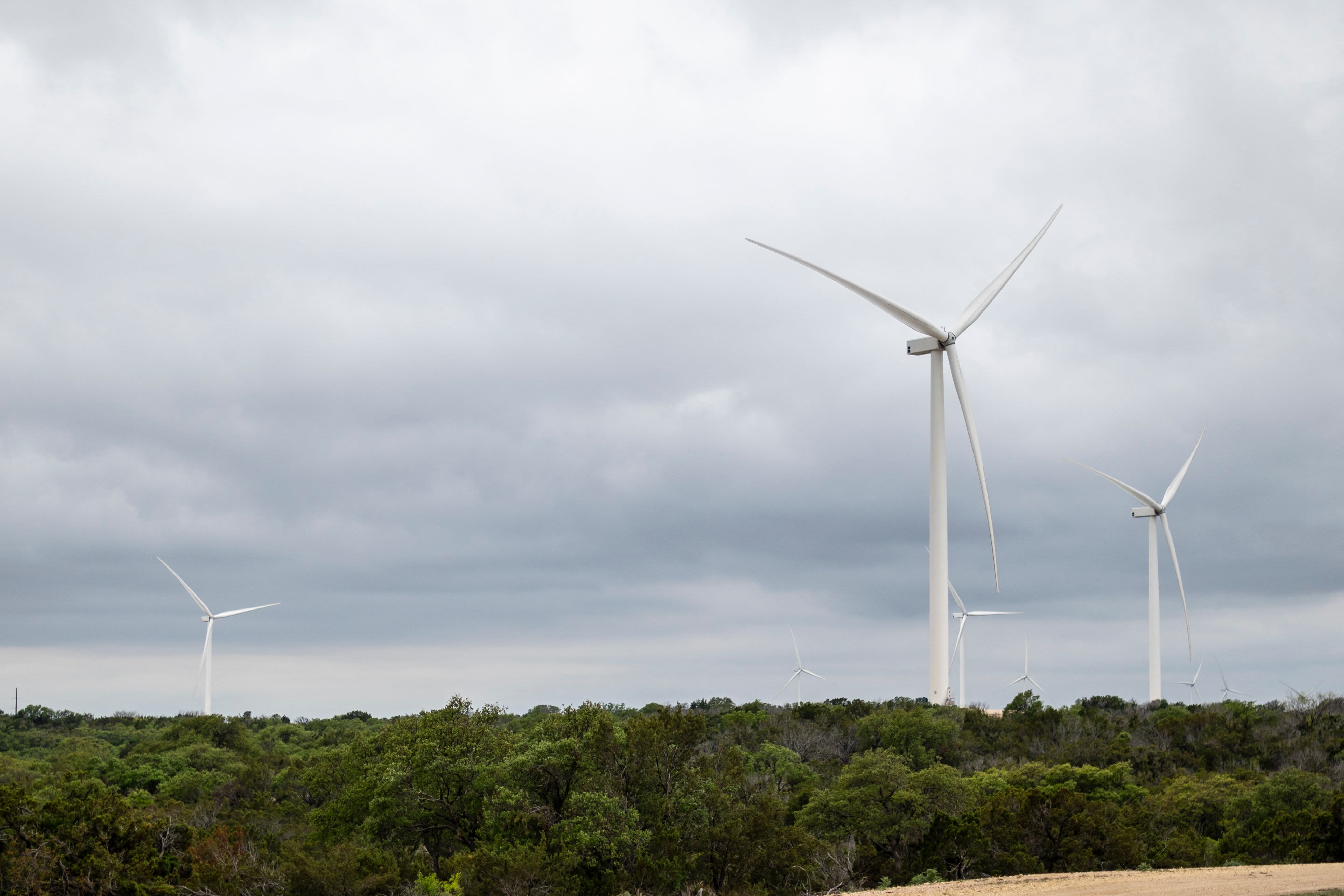It’s an “exciting” time for renewable energy firms because more policymakers around the world have committed to carbon emissions goals, according to Credit Suisse.
“I’m feeling fairly bullish on the current market conditions for energy transition beneficiaries,” said Phineas Glover, the investment bank’s Asia-Pacific head of environmental, social and governance (ESG) research.
The energy transition refers to a move away from reliance on fossil fuels, and toward clean energy alternatives.
“We’re at the beginning of possibly a multi-decade, secular investment opportunity in the energy transition,” he told CNBC’s “Street Signs Asia” on Wednesday.
That’s in part because governments have taken steps that brought certainty to the market.
Glover said there has been a lot of momentum in climate policy globally over the past 12 months, and pointed out that countries that have set targets to reach carbon neutrality now account for more than 60% of emissions, up from roughly 23% around a year ago.
Criticism of the energy transition
Not everyone is as upbeat about policy makers’ commitments and promises.
Carroll Muffett, chief executive at the non-profit Center for International Environmental Law, said the transition is moving too slowly and that some net-zero strategies actually depend on increasing fossil fuel use.
These policies typically “rely heavily on unproven and potentially very hazardous carbon removal strategies to make that carbon dioxide magically disappear,” he said.
“We are seeing that in the U.S., particularly in the context of proposed massive investment in carbon capture and storage,” Muffett said.
But Credit Suisse’s Glover said he sees what happened in 2020 as a “microcosm” of what is going to happen in the long run.
“The improved policy certainty caused a very revealing reflection point … probably one of the biggest value rotations we’ve ever seen from fossil fuel exposures to the beneficiaries of the energy transition,” he said. “A fairly exciting time in terms of the beneficiaries.”
He said in the past, the market only looked at the energy transition as a three-year or five-year growth opportunity.
“What we saw in 2020 was the market was willing to extrapolate the policy certainty, and therefore take a much longer-term view on the investment opportunity,” Glover said. “For that reason, I remain fairly bullish.”
Opportunities in China
He also said that there are “really interesting alpha opportunities” in China, which still relies heavily on coal.
“Inevitably, there’s going to be opportunities on both sides of the carbon equation,” he said. “There will be … those larger exposures to fossil fuel that will need to transition their businesses.”
Glover acknowledged that some new coal power stations are being approved in China, but said many in the existing pipeline will soon reach the end of their useful life.
“If you combine that sequence of the decline in thermal coal power with this exciting growth trajectory in renewable energy, it creates really interesting alpha opportunities in the market,” he said.
— CNBC’s Sam Meredith contributed to this report.
